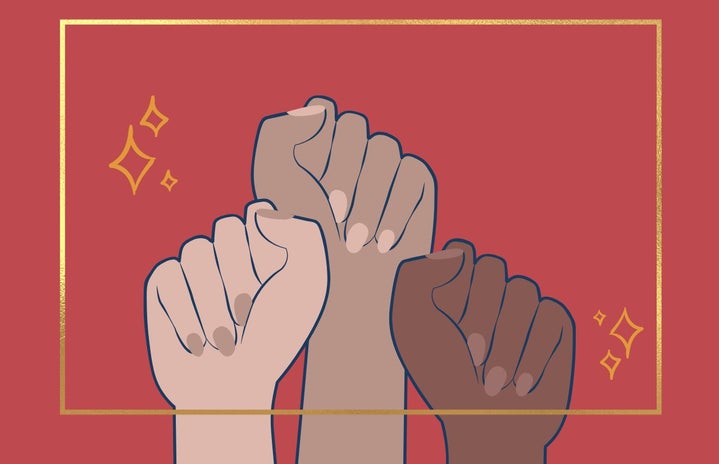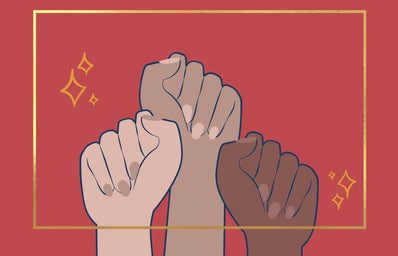As we grow up, the education we receive influences our ability to become aware of what has been hidden from us. What narrative were you missing growing up?
How many books mention accomplished Puerto Rican women? In my case, very few. This lack of female representation bothered me for the longest time. One day, I realized that I wired my brain to not question it, “men just did more stuff.”
You don’t have to feel ashamed if you also had this way of thinking when you were younger, it wasn’t your fault. History has always been written by and for men.
When you don’t see representation growing up, you start underestimating your potential. This is why it’s important to know that other women came before you and fought for all the things you have now.
I like to call myself a feminist, but I find that I lack the knowledge to support the cause. You might feel like me, and find it a bit overwhelming to start your research about it. However, books like “Ellas” can become a solid foundation to support your feminist journey.
“Ellas” is a bilingual (Spanish-English) book that gathers up short biographies about Puerto Rican women. In addition, it’s a book about women written and produced by women. The people behind it are Ariana Vega, Cristel Jusino, Enery López, Gabriela Hernández, Rosalía Ortiz, Mariola Rosario, Natalia Irizarr and Mya Pagan, who created the illustrations. Some of the 60 spectacular women mentioned are: Blanca Canales, Adolfina Villanueva and Celestina Cordero Molina, just to mention a few.
I’m proud of being Puerto Rican. My people were designed to break rules. These women went against authority and they didn’t back down. They fought for their ideals, and to make their voices heard. Adolfina fought and died defending her land.
In 1950, Blanca Canales wanted to see a free Puerto Rico and she led the Nationalist party to the Revolution of Jayuya. During this time, it was illegal to do or say anything concerning the independence of Puerto Rico, and she went and waved the puertorican flag and said “Hurrah for a free Puerto Rico.” Another lady that fought for the independence of Puerto Rico was María de las Mercedes Barbudo y Coronado. There’s evidence that shows her having exchanges with an officer of Simón Bolívar, making her the first woman to fight for the Island’s independence. She was sent to a prison, but she escaped and lived in exile in Venezuela.
Everybody, regardless of gender, should have this book on their shelves. Furthermore, the female perspective is not the only end goal of this, it’s to learn about our country’s history. Solely because the people mentioned in this book happen to be female, shouldn’t mean that they should be treated differently. If we didn’t have gender inequality, we wouldn’t need to emphasize “women’s history,” but simply history.
You can buy the book at Libros787


